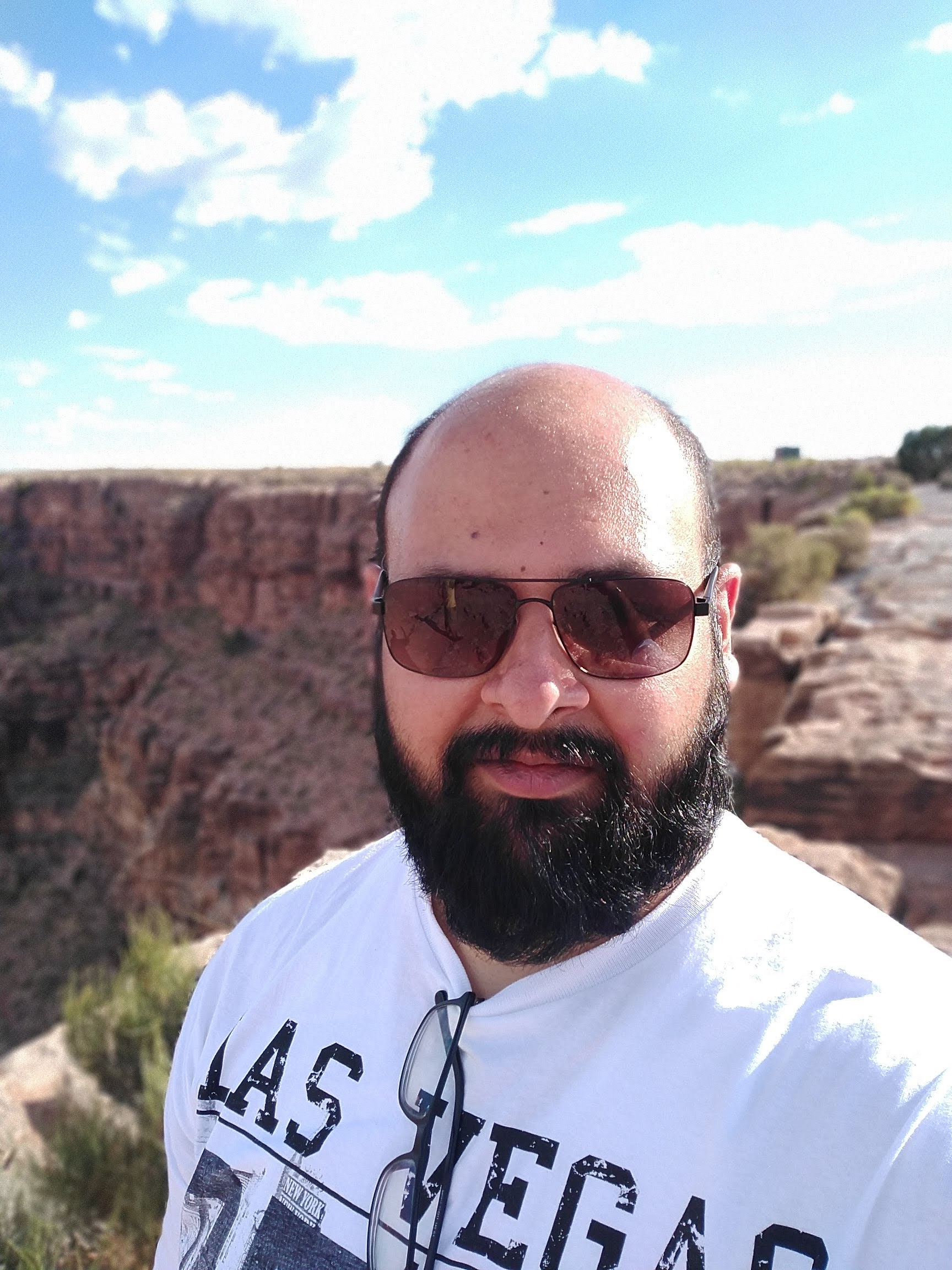The world of patents explained: how they affect what you buy
A complete guide to patent laws and effects

The world of men is broken. They file and get patents for unimaginably trivial things in the name of driving innovation. The time of the Elves is ending. Or so we imagine Lord Elrond might react to the way things are now.
The recent billion-dollar Apple vs Samsung suit was a to and fro farce. It's not easy to understand the absurdity of some of the patents that have been granted to tech companies in recent times, not when we're constantly being told that the point of patents is to drive innovation.
To most mere mortals, patents may seem as strange as Elvish spells, and they are mostly written as such, but this guide will help you to decipher the complexities of patent law. We'll also discuss how the patent laws in the EU differ from those in the US.
We won't go fully into the history of patents and trace their origins in 15th-century Italy and England, for that's not what we're here to discuss. Instead, let's focus on how patents were introduced to the European Union.
While this may seem irrelevant, it's important to understand how the different EU nations, and indeed the rest of the world, treat patents.
It all started in Europe
Our story starts in 1973, when Belgium, West Germany, France, Luxembourg, Netherlands, Switzerland, and the UK agreed to a multilateral treaty called the European Patent Convention (EPC), to form a unified patent system in Europe. The EPC eventually led to the formation of the European Patents Office (EPO).
Patents in Europe can be obtained on a national level, or via the EPO. EPC and the EU, however, are not synonymous, as some EPC states, such as Croatia, Iceland, Turkey, etc, are not part of the EU. So, a patentee can file an application for a patent under the prevalent patent laws of the country, or under the EPO, if the country is one of the EPC states. As a result, the European Patent granted under the EPC, despite the name, is still only enforceable nationally, or under the specified member states of the EPC as specified in the application, and not the entire EU.
Get daily insight, inspiration and deals in your inbox
Get the hottest deals available in your inbox plus news, reviews, opinion, analysis and more from the TechRadar team.
So, if a patent is granted under the EPC it is enforceable only in the EPC states as specified by the applicant in his or her patent application. There is no provision as yet for an EU-wide patent.
Understanding patents

Patents involve the granting of exclusive rights by a state to the inventor for a specific period of time. In return for these exclusive rights, the patentee agrees to a public disclosure of the invention. The exclusive right refers to the right to exclude all others from using, making, selling or distributing the patented invention without prior permission.
The exact process of filing or granting of a patent, the term for which it's granted and the extent of the exclusive rights depends on the patent and other national laws, and can thus vary from country to country.
Before a patent is granted, each application is subjected to the test of patentability. That is, the invention must satisfy a number of criteria before it is deemed patentable. At the very least, the invention must be new and original and non-obvious, and the subject matter must be patentable.
The patent laws of various countries explicitly provide subject matters which cannot be patented. For example, the EPC considers discoveries, scientific theories and mathematical methods not to be inventions, and so these can't be patented.
'Non-obvious' is a term often used in US patent law. The equivalent term in European patent law is 'inventive step'. The idea is to ensure that patents are not granted for obvious and natural use of the design. So, a saw will not be granted a patent for use in cutting wood. But if someone were to use a saw, with some modifications, to create swimwear for deep sea exploration, that is a non-obvious invention, or an invention involving 'inventive step', and so it will be afforded protection under patent law.
Shashank Sharma is a trial lawyer in Delhi, India. Long before his foray into the world of litigation, he started his career by writing about Linux and open source software. Over the years, Shashank has also written various articles and reviews for TechRadar Pro, covering web hosting providers and website builder tools.

